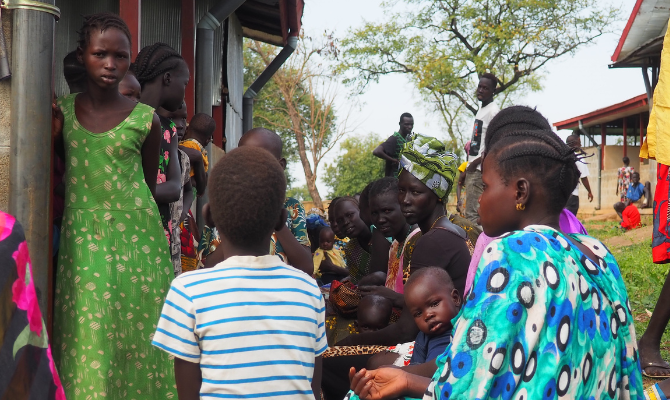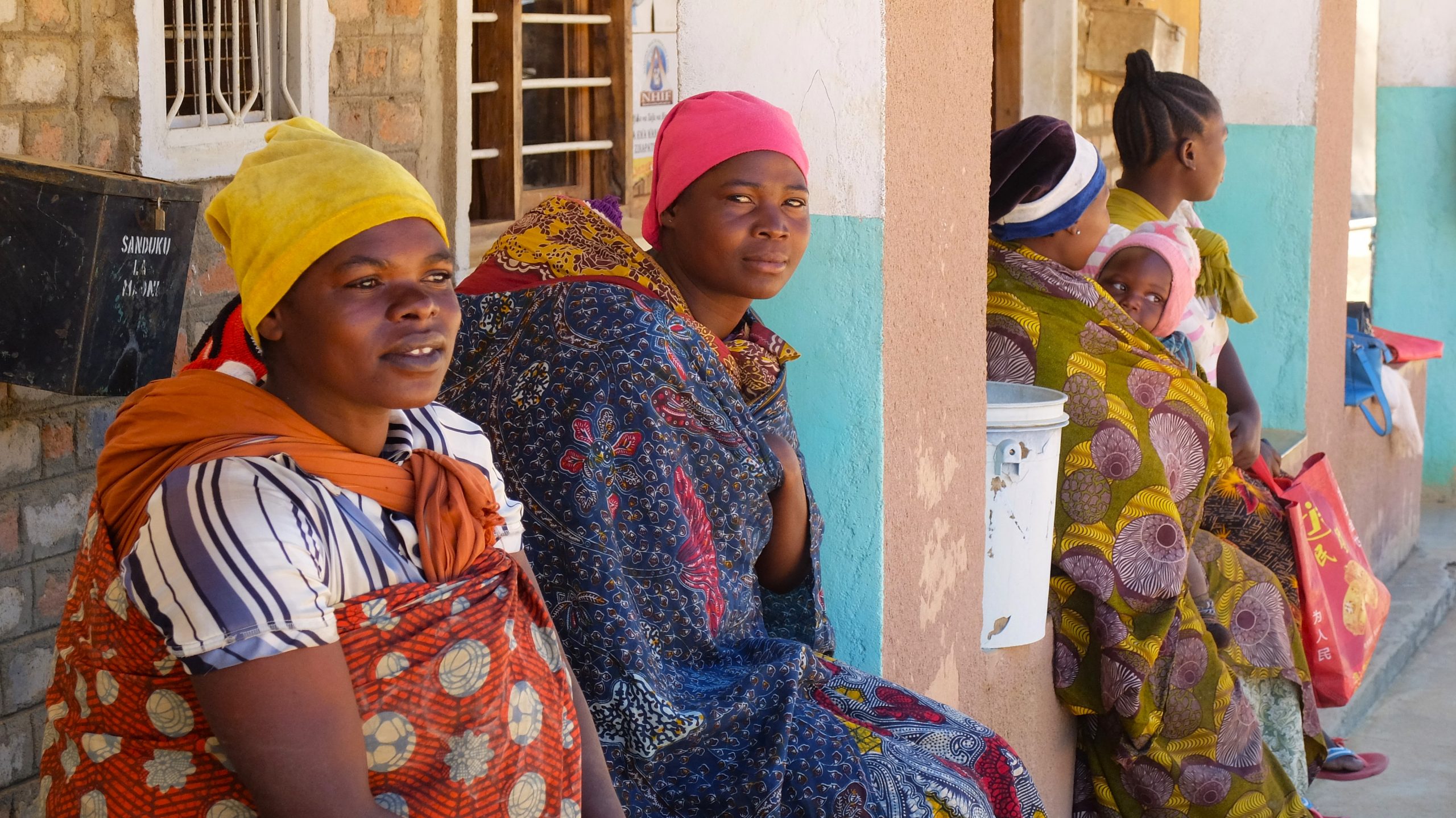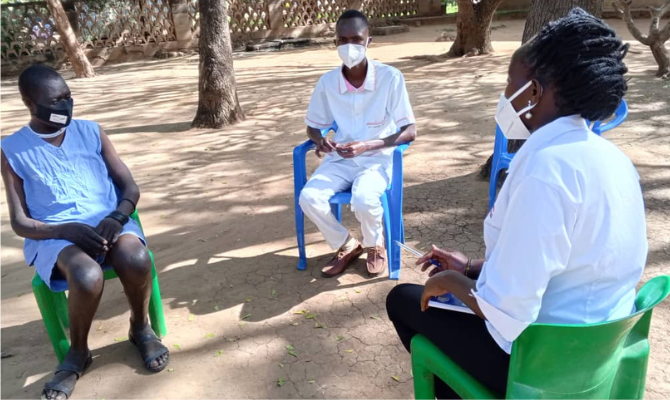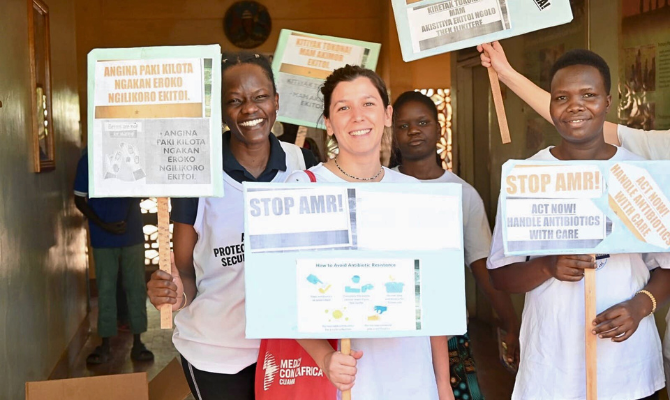Armed conflicts, climate crises, economic shocks, food insecurity, and diseases: this is the dire situation Ethiopia is facing. According to UNHCR data, there are over 1 million refugees in the country, with 37%, or 394,000, in the Gambella region alone, and more than 4.3 million internally displaced persons. This surge underscores the urgent humanitarian needs and the extreme necessity of providing vital assistance and support to those affected. This is precisely what has been committed to with the “Integrated health, nutrition and protection intervention to support the refugee population and host communities in Gambella”, particularly in the Itang district and the Nguenyyiel refugee camp, a project funded by the Italian Agency for Development Cooperation and implemented with Plan International, in collaboration with local institutions.
Supporting Refugees and Host Communities in the Gambella Region
The instability and insecurity of the region have made the implementation of the project activities particularly complex, especially those involving the community. During the most acute phases, access to refugee camps was completely interrupted, and for long periods, movement to and from the camps was highly restricted, possible only through military convoys. Despite these challenges, CUAMM has consistently endeavored to ensure essential health services at the managed facilities and community-level health promotion and disease prevention activities, thanks to a dedicated team of midwives, nurses, pharmacists, nutrition and mental health specialists, and community agents, among others.
Since the project’s inception, the Health Post in Zone A of Nguenyyiel has provided 15,730 outpatient department (OPD) visits and 397 initial prenatal care (ANC) visits to pregnant women; 132 doses of the Penta 3 vaccine have been administered to children under one year of age. Additionally, thanks to community workers, 1,388 pregnant and lactating women (PLW) and 3,969 children under five years old have undergone nutritional screening. Furthermore, 474 cases of severe and moderate malnutrition were identified and referred to the necessary nutritional services.
“In May 2024, Nyachiew Koaku, a young South Sudanese mother, arrived at the Health Post in Zone A with her two-and-a-half-year-old child, who had been experiencing a persistent cough and fever for a week,” recounts Gelaye Megersa, Senior Health Officer at CUAMM. “The nurse measured the child’s vital signs, and after a thorough evaluation, found that the child, with a fever of 38 degrees, exhibited rapid and difficult breathing, and upon lung auscultation, detected crackles. These signs and symptoms pointed to a diagnosis of pneumonia. The nurse prescribed an antibiotic and an antipyretic to manage the infection and reduce the fever. Thanks to the services offered under this project, Nyachiew was able to obtain these medications at no cost. Nyachiew fled the civil war in South Sudan in 2017 and found refuge in the Nguenyyiel camp. Now 29, she is a mother of five, and her incredible resilience has enabled her to face numerous challenges,” Gelaye concludes.
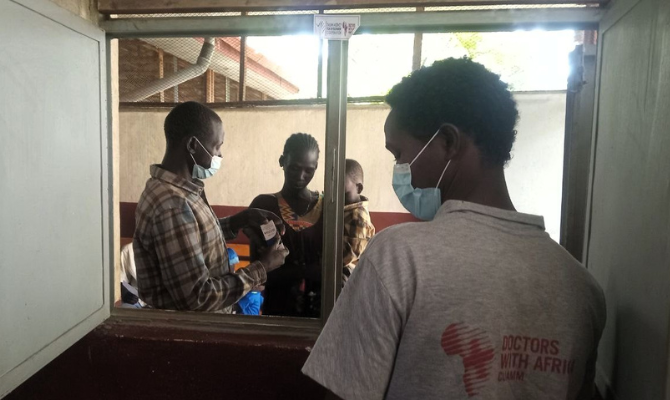
At the community level, 27 “Tea Talks” were organized, involving 1,667 participants, moments where community members share perspectives and experiences on the services provided, discuss needs and concerns. During these sessions, community workers emphasized the importance of prenatal and postnatal care services, assisted childbirth, exclusive breastfeeding, and vaccinations. The CUAMM team also conducted 2,422 community nutritional screenings for children under five years old, 572 for pregnant and lactating women, identifying malnutrition cases that were directly referred to nearby nutritional centers. Additionally, the team supported four mother support groups and organized eight cooking demonstrations tailored for breastfeeding mothers. To enhance the effectiveness of activities, CUAMM organized training for 32 community agents, key figures in engaging communities, raising awareness, and strengthening their active participation to improve health.

